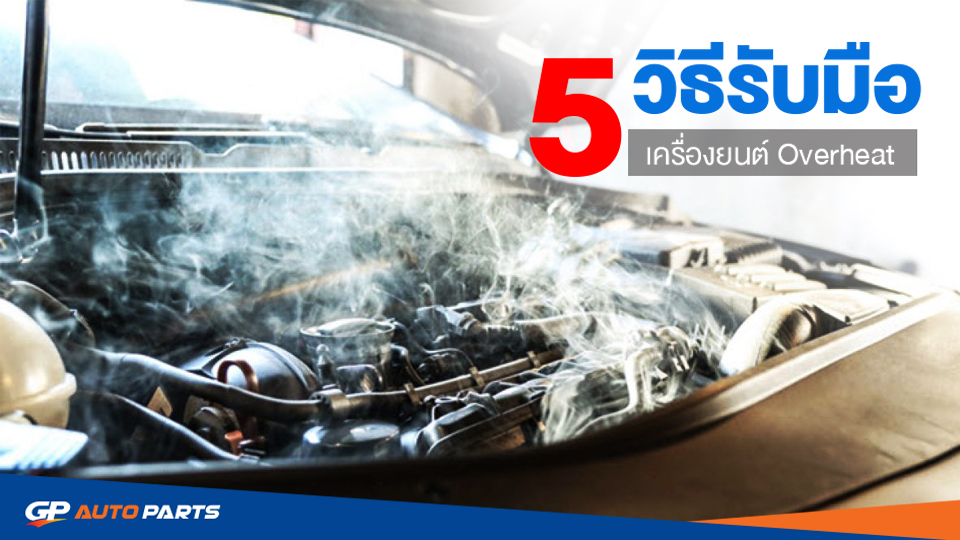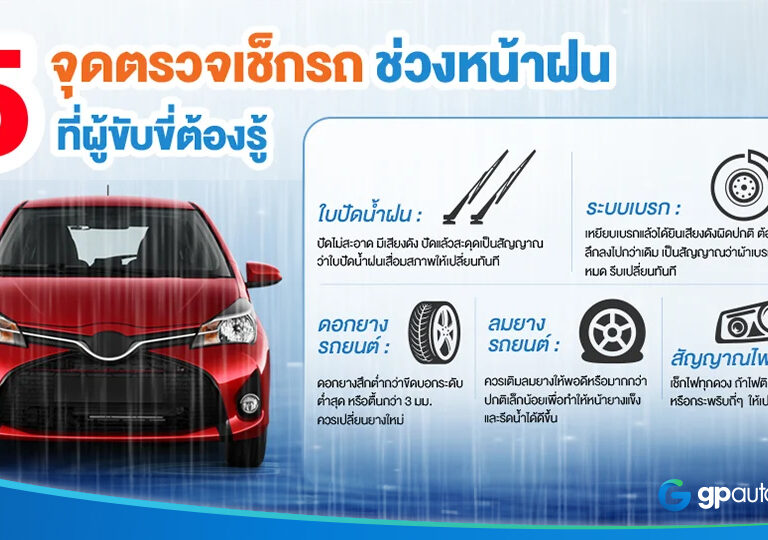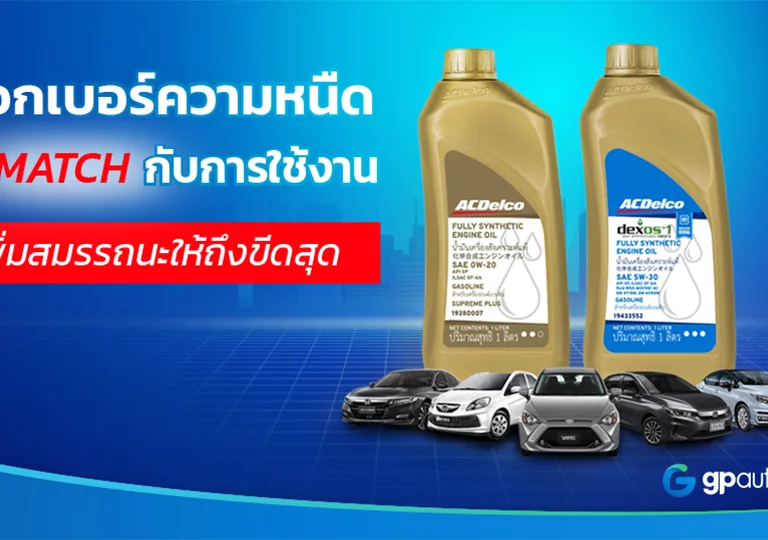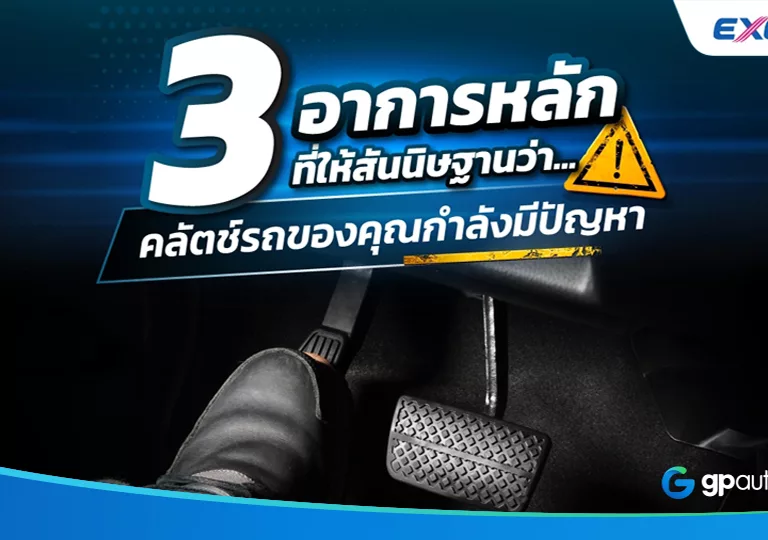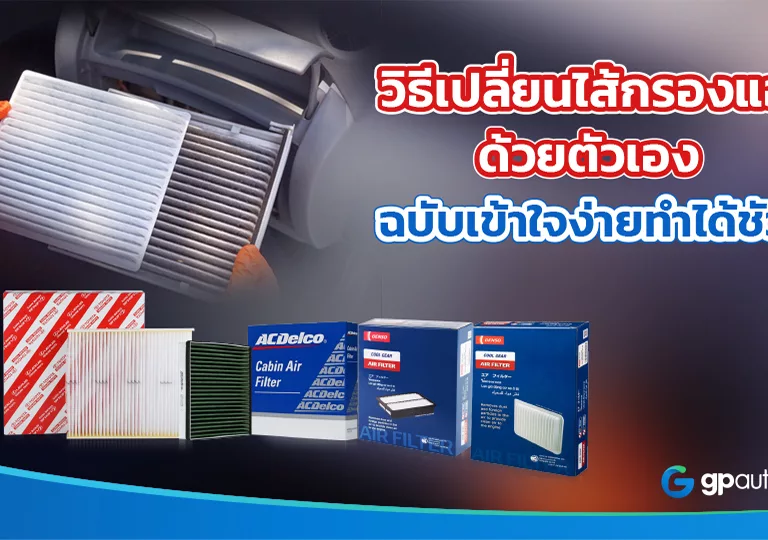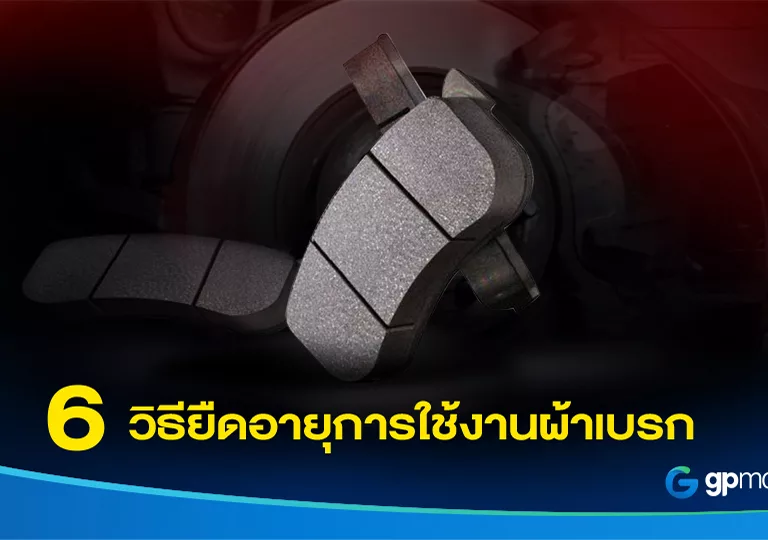Engine Overheating (Overheat)
รถที่มีความร้อนเกินกว่าระดับปกติ ซึ่งอาจเกิดขึ้นได้หลายสาเหตุ เช่น พัดลมไฟฟ้าไม่ทำงาน วาล์วน้ำไม่ทำงาน สายพานขาด หม้อน้ำอุดตัน ท่อยางหม้อน้ำแตกหรือรั่ว ฝาหม้อน้ำเสื่อมสภาพ เป็นต้น

5 Ways to Deal with Engine Overheat
1. When you notice that the car is starting to overheat, pull over to the side of the road, turn off the air conditioning, and wait for the heat to decrease before turning off the engine.
Caution: Do not turn off the engine immediately because while the engine is hot, various metals will expand. If the engine is turned off abruptly, some metals may contract, causing valves or pistons to become stuck, or the engine to fail.
2. However, if the engine is parked, turn off the air conditioning, and after about 10 minutes, if the engine has not cooled down, it indicates a problem with the radiator or valves. Turn off the engine immediately.
3. Open the radiator cap by placing a thick wet cloth on it, pressing it down on the cloth-covered part of the radiator cap with your hand. Gradually release the radiator cap until the steam pressure dissipates completely. Then carefully remove it and check the water inside the radiator.
Caution: Do not open the radiator cap while the engine is extremely hot. Do not pour water onto the engine as it may cause damage to the engine.
4. Slowly refill the radiator with water, little by little, allowing the fresh water to mix with the existing water in the system to dissipate the heat. Stay calm and add water slowly, waiting for about 30 – 60 seconds between each addition. Repeat this process until the radiator is full.
Caution: The water should be at room temperature, neither too hot nor too cold. Distilled water is best, but if unavailable, regular drinking water can be used. However, mineral water or tap water should be avoided as it may cause rusting in the engine.
5. Once the water has been refilled, do not start the engine immediately. Wait for about 10 minutes before starting the engine.
Caution: Do not start the engine and accelerate immediately. The engine may stall again.
The above solutions are temporary fixes. If the engine continues to produce steam or begins to overheat again while driving, it indicates a leak in the radiator or a malfunctioning valve. Take it to a professional mechanic for repair immediately
Preventing Engine Overheating
Overheating, or when the engine becomes excessively hot due to the inability of the car’s cooling system to dissipate heat, it is recommended to prevent overheating by:
– Before driving, check the coolant level and inspect various systems inside the engine.
– While driving, observe the temperature gauge on the dashboard, which should normally be between C and H (85-90 degrees Celsius). If the needle moves to H, indicating overheating, park the car immediately and open the hood.
– Only use coolant to refill the radiator in the car.
Using plain water lowers the boiling point compared to coolant, causing it to boil faster when it encounters the heat of the engine, impacting the cooling system’s efficiency. Coolant primarily consists of ethylene glycol, which has a higher boiling point than plain water, making it more resistant to heat from the engine.
I recommend using ACDelco dex-Cool premium-grade coolant to ensure quality and efficient heat dissipation. It helps reduce damage to metal components that come into contact with coolant, allowing the engine to operate efficiently at all times
___________________________________
Place an order/Become a distributor.
GP MOBILITY PUBLIC COMPANY LIMITED
Line id: @gpautoparts or Link
Contact: https://www.gpmobility.co.th/contact-us/
Follow me: https://linktr.ee/gpmobility
Service Monday to Saturday from 08:30 AM to 05:30 PM.
02-941-1222 (Auto),02-579-2882

